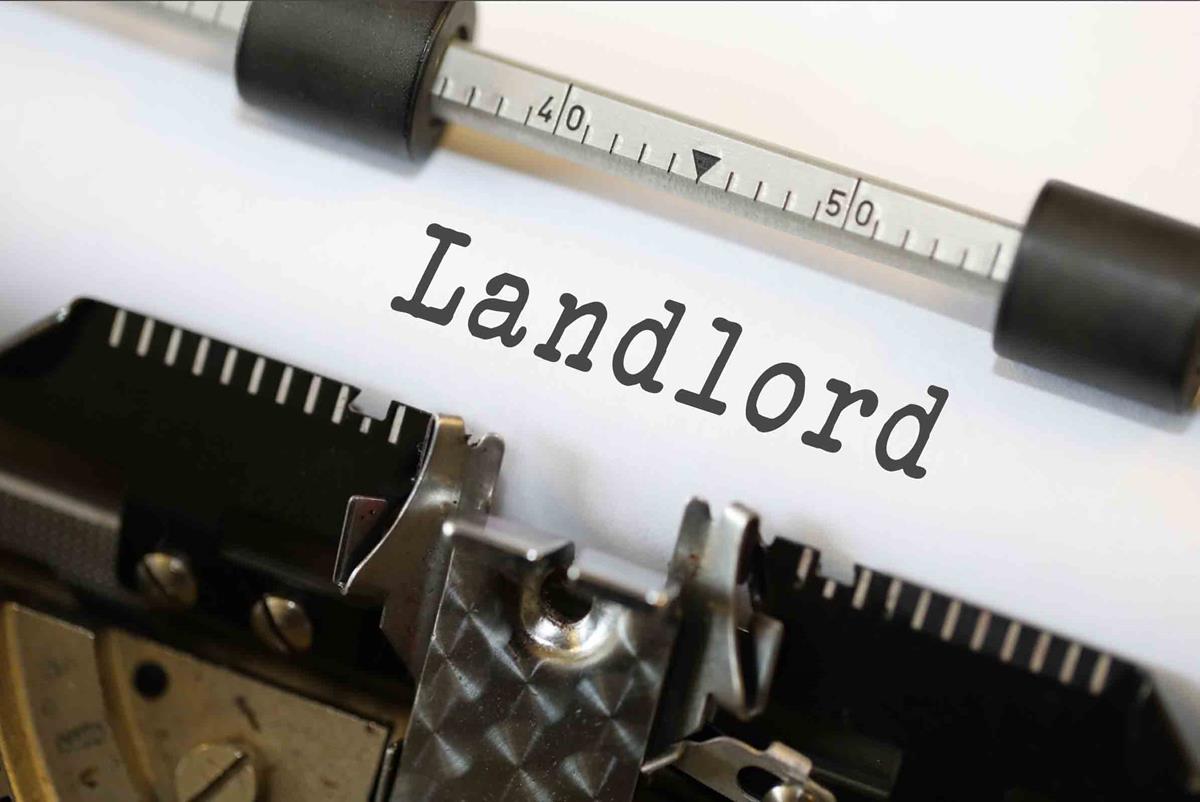A landlord is someone who owns property and allows someone else to live there in exchange for rent each month. A landlord may own one rental property or hundreds. There is no specific license, education, or certification needed to be a landlord. Depending on where you live, you may need to register with the local building department or apply for a special permit, but you do not need a license.
While you do not need formal education, you do need to learn about property management, landlord laws, regulations, and best practices to have a successful business and make a profit on your investment. Nothing is regulating the need for you to learn about the business, but for you to be successful, you need to gain a full understanding of how it works; how landlords succeed and how they fail.
What to know to prepare yourself to be a landlord
There are a wide variety of property investing books, videos, seminars, and classes you can take to learn a great deal about the business and how to do it successfully. You want to be wary of programs that promise you can get rich overnight though. While being a landlord can be very profitable, it is not a get rich quick scheme, and it is not successful without a great deal of work.
There are also professional landlord organizations you can join that provide ongoing classes, seminars, and valuable resources. They also offer opportunities to network with other property investors to learn from their experience. Professional organizations can also provide solid leads on buying additional properties. They typically cost money to join, but you need to view it as an investment in your success, as opposed to an expense.
Finding the right help to manage your properties
Another invaluable resource is a software system like Turbo Tenant that will allow you to manage all of your properties, tenants, maintenance requests, and projects. Being a landlord involves a lot of paperwork and things that need to be carefully tracked.
For example, you will need to track all maintenance requests and the work being done to ensure that all requests are responded to promptly and the tenants are provided a safe and well-maintained place to live. In addition to making you a better landlord, this will significantly reduce the stress that often comes with managing properties.
Turbo Tenant allows you to manage all your tenants, tenant paperwork, and rent tracking. This will prevent you from losing track of who has paid their rent and who hasn’t. This will also keep you on top of who is moving out and who is moving in, as well as which apartments need work and which apartments are rent ready.
The more properties you own, the more confusing it can be to keep track of everything going on with them. There is a greater opportunity for profit, but there is also a greater opportunity for loss if you are not managing them properly. For example, when a property is sitting empty, you are losing money because each money you are still paying the mortgage on the building and the essential utilities. A management software program can help you reduce the amount of time it takes to get rentals cleaned out, fixed up, and back on the market by providing a daily breakdown of what has been accomplished and what is still needed.
While you have to spend money to make money, spending too much money will ruin your business. Turbo Tenant can help you track your expenses by the unit, so you know if the rent you are charging is adequate for the cost to maintain the property. You can also track utility costs and determine how much it costs you in cleaning and damages if you allow your tenants to have pets.




